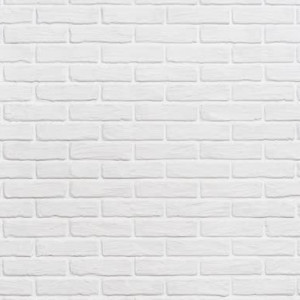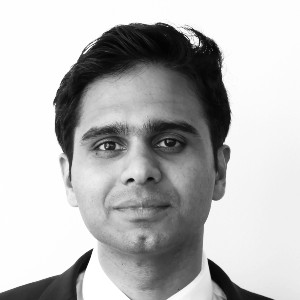Hello everyone,
I just came across a market entry case where the client is considering expanding into new markets (new countries). The choice was between two countries (U.K & U.S).
My question is:
Would you recommend stating an opening hypothesis in this particular case (After drawing out a framework)
What could a good example be?
*Assuming the main objective is maximising revenue.
Thank you

















